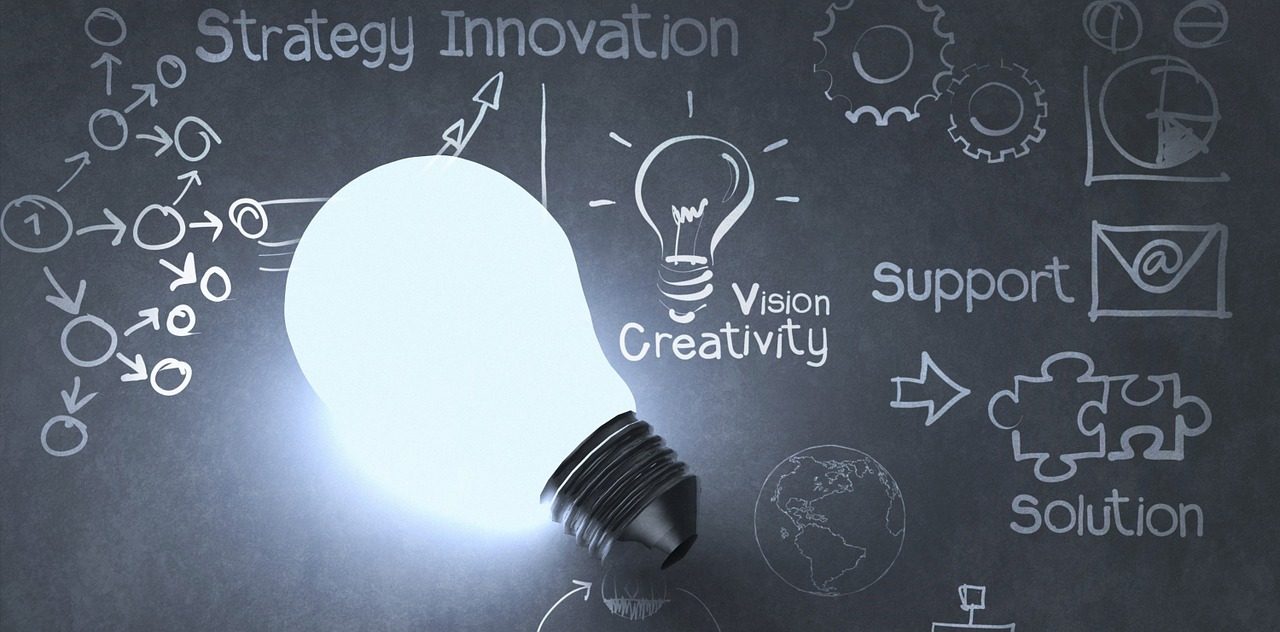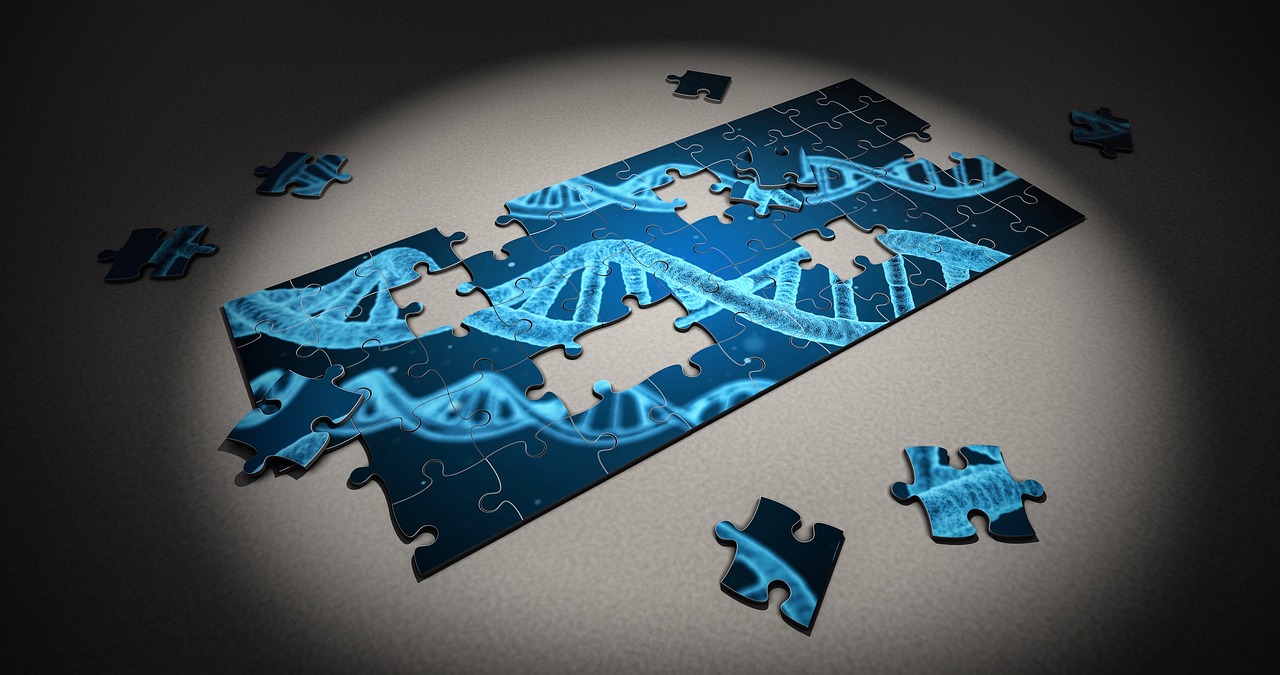
STI Council Leveraging S&T Through Nine Societal Missions
- News
- 1.5K
As part of an exercise to leverage scientific research for societal benefits, the Prime Minister’s Science, Technology and Innovation Council have taken up nine mission mode projects in areas ranging from biodiversity to artificial intelligence (AI).
The national biodiversity mission is working on comprehensive documentation of the country’s biodiversity and development of professionals to handle environmental data for management and monitoring of biodiversity. The aim is to expand knowledge in ecosystem functioning to help restoration efforts and help build a biodiversity-based economy.
The goal of the mission on waste-to-wealth is to identify, develop and deploy technologies for better use of waste. It is designed to assist the Swachh Bharat and Smart Cities projects by leveraging science, technology, and innovation to create circular economic models.
The mission on deep ocean exploration focuses on better understanding of deeper parts of the seas around the country with a view to harness living and non-living resources that still remain untapped. Information gathered from the mission is, among other things, expected to help address issues arising from changes in the ocean due to climate change.
There is also a mission that focussed on a genomic study to identify and unravel genetic basis and prevalence of rare and inherited diseases with a view to stimulating better diagnosis and treatment and a mission to take research in the area of electric vehicles to a new level. It focussed on developing vehicle sub-systems and components for Indian requirements including rare earth-based electric motors, and Lithium-ion batteries.
In addition, the council is working on a mission to enable access to teaching and researching materials in different areas of science and technology in various Indian languages through a combination of machine and human translation. The aim is to ensure that progress in science and technology is accessible to all. An eco-system for this is being established with the involvement of State Government agencies and startups who will work with scientists and build the implementable solution.
Further, it is working on a mission that will give a thrust to development of quantum computers, quantum chemistry, quantum communication, and quantum sensors and another to create new knowledge and develop and deploy applications in the area of artificial intelligence.
Addressing a press conference here, Principal Scientific Adviser to the Government and Chairperson of the Council, Prof. K.Vijay Raghavan, said new policies and programmes are being implemented to build on India’s rich cultural and traditional practices and to position India as a pioneer in cutting edge areas of science and technology. “The aim is to help create a modern yet inclusive society”, he said. (India Science Wire)
If you liked this article, then please subscribe to our YouTube Channel for the latest Science & Tech news. You can also find us on Twitter & Facebook.



